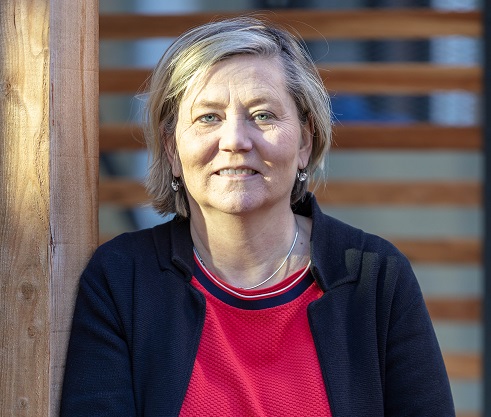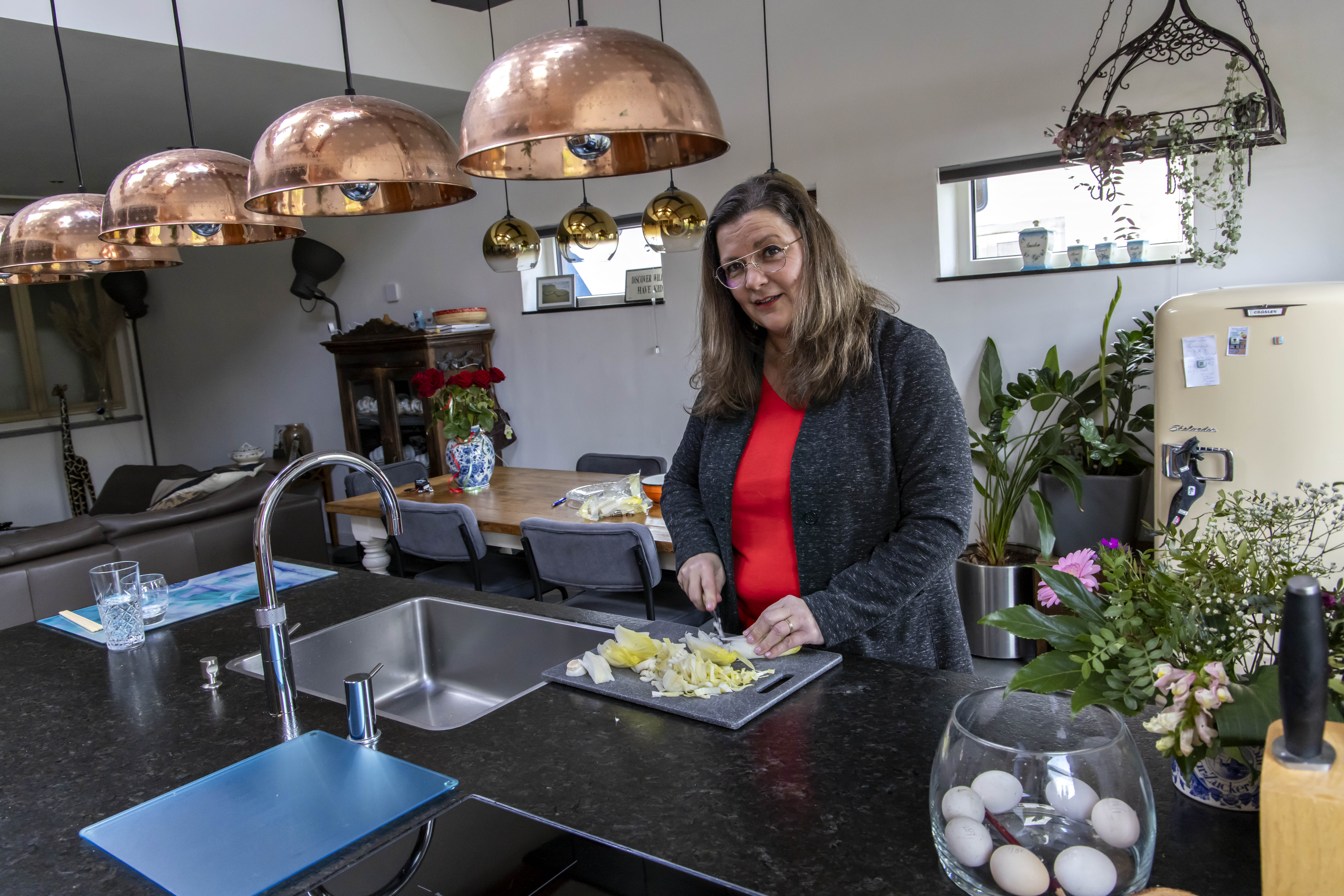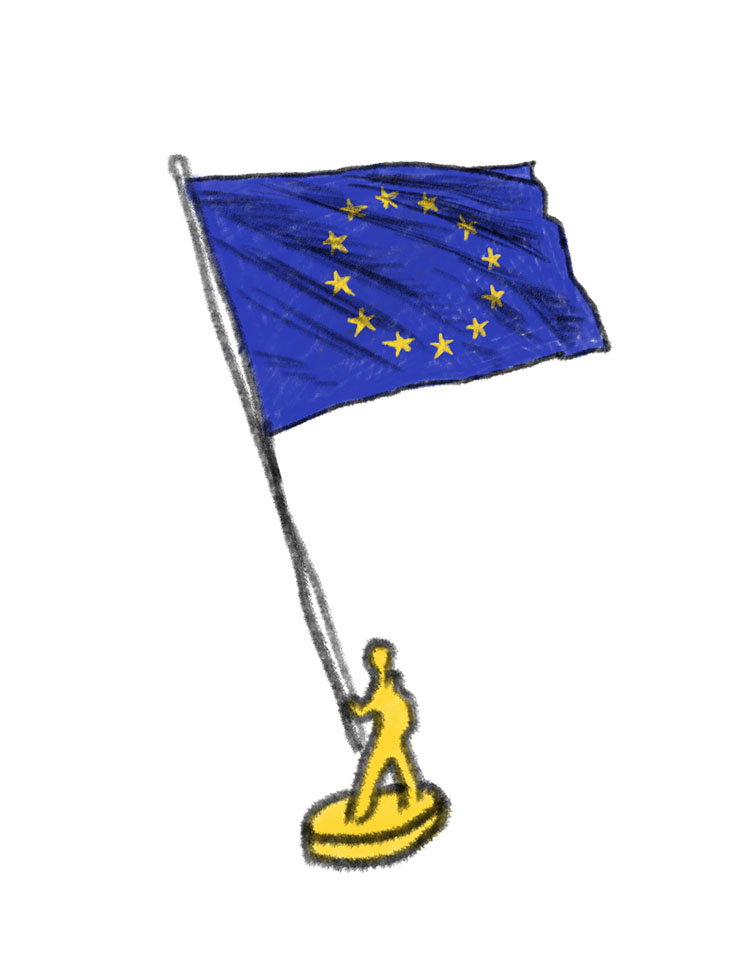One size does not fit all! Personalized diet offers health benefits
“In the field of diabetes 2 and cardiovascular disease prevention, the results of our research are a big step in the right direction."
Does personalized nutrition have positive effects on health? "The answer to this question is a resounding yes," says Ellen Blaak, professor of human biology and working at NUTRIM (School of Nutrition and Translational Research in Metabolism). "It may seem quite logical, but until now the scientific evidence for this had not been provided. A recent study we conducted with Wageningen University and some private parties does provide that evidence. And that's good news, because an appropriate diet can prevent chronic diseases such as type 2 diabetes and cardiovascular disease."
The study looked at the action of insulin in the liver and muscles. Ellen explains the action of insulin: "Insulin is a hormone that causes glucose (sugar) to be absorbed into the body's cells, which then store it or use it as a source of energy. Normally, the body makes just enough insulin to process the glucose. However, sometimes the body does not respond as well to insulin; we call this insulin resistance. The sugar level in the blood then becomes too high. Over time, insulin resistance can lead to diabetes 2 or cardiovascular disease. In this study, we focused on two types of insulin resistance, or two metabolic types. The first group consisted of people who are less sensitive to the action of insulin in the muscles. The other group were subjects with impaired action of insulin in the liver."
Sugar test
Both metabolic types are easy to detect with a sugar test. Nearly 250 subjects participated in the study. All were overweight or obese, but not type 2 diabetes or cardiovascular disease. The subjects were extensively tested at the start of the study at the Maastricht UMC+ research center. Ellen: "In addition to the sugar test to determine the metabolic profile, they were also tested for reaction to fats. In addition, the participants were given a glucose monitor to take home to chart their glucose pattern during the week, as well as an exercise monitor. In addition, they entered into an app what they ate. They were guided to eat the desired dietary pattern and, in addition, were given some foods appropriate to their diet to take home. People were offered foods equal to their energy needs. Thus, the intention was not to lose weight. After three months, subjects returned to the lab and all measurements were taken again."
Stunning results
"The results were astounding," Ellen said. "People with insulin resistance in muscle, were found to benefit especially from foods high in protein (dairy and nuts), high in fiber (lots of vegetables and whole grain products) and low in fat. Subjects with insulin resistance in the liver responded better to foods high in monounsaturated fatty acids (olive oil, tapenades, nuts). Both diets fit a healthy pattern and worked well for both metabolic profiles. The positive effect was significantly higher when people received the optimal diet for their metabolic type. Insulin then worked better, as did glucose metabolism, inflammatory markers in the blood decreased, and the same was true for triclycerides (a type of fat) in the blood."
Follow-up study
So the results of the study are positive. "We have had a lot of publicity in both medical journals and mainstream media. Of course, more research is needed to confirm the results. We also want to extend the research to other metabolic profiles. In the field of prevention of diabetes 2 and cardiovascular disease, the results of our research are a big step in the right direction."

Patient Josien Swinnen "I don't have to go on medication for now"

The invitation on Facebook to participate in the research on personalized nutrition tuned to the metabolism came at just the right time for Josien Swinnen (53). "I unfortunately have to deal with several conditions and limitations. For example, I only have one lung, my glucose levels are higher than normal and I have to watch my weight very carefully."
"If I get too heavy, the risks of diabetes increase, with all its consequences. I want to avoid medication for as long as possible, so that means I have to pay close attention to what I eat. I found the examination itself quite tough and time-consuming. I came to the hospital several times, went in the dexa-scan once and the MRI-scan twice. I also had to take all kinds of measurements at home, such as glucose measurements, keeping track of the exercise monitor and collecting urine and stool several times. Fortunately, I was very motivated."
Good persistence
"The glucose test revealed that I have insulin resistance in the liver. I liked being in the group that was prescribed the optimal diet for this. Optimal in this case means lots of unsaturated fats so that includes olive oil, tapenades and nuts. It is a diet that is very easy to stick to, simply because it is tasty. Moreover, we were also allowed to occasionally eat products that did not fit into the diet. For example, licorice or a glass of soda. Using a simple points system, you could calculate for yourself what and how much of this you were allowed to eat or drink."
More conscious choices
By now, the study is some time behind me. I am not super strict with myself, but I do make more conscious choices now that I know which foods are and are not good for me. I felt fitter and more energetic and even lost some weight, although that was not the goal. My glucose levels have dropped a lot which has delayed medication for quite some time and reduced the risk of diabetes. That is the biggest gain for me personally. Moreover, I also think it is important from a social point of view to participate in this. With less medication and doctor visits, healthcare costs are more manageable in the long run. In addition, I hope that doctors will be able to provide more customized care through such studies, resulting in better health for the patient."
'I make more conscious choices now that I know which foods are and are not good for me.'
Also read
-
The world order is shifting. Putin continues to taunt Europe. China’s global expansionism seems limitless. And how to respond to the United States’ renewed desire for cooperation? The European Union’s answer should be greater strategic autonomy, says Sophie Vanhoonacker, professor of Administrative...
- in Featured
- in Researchers
- in Students
- in UM news
